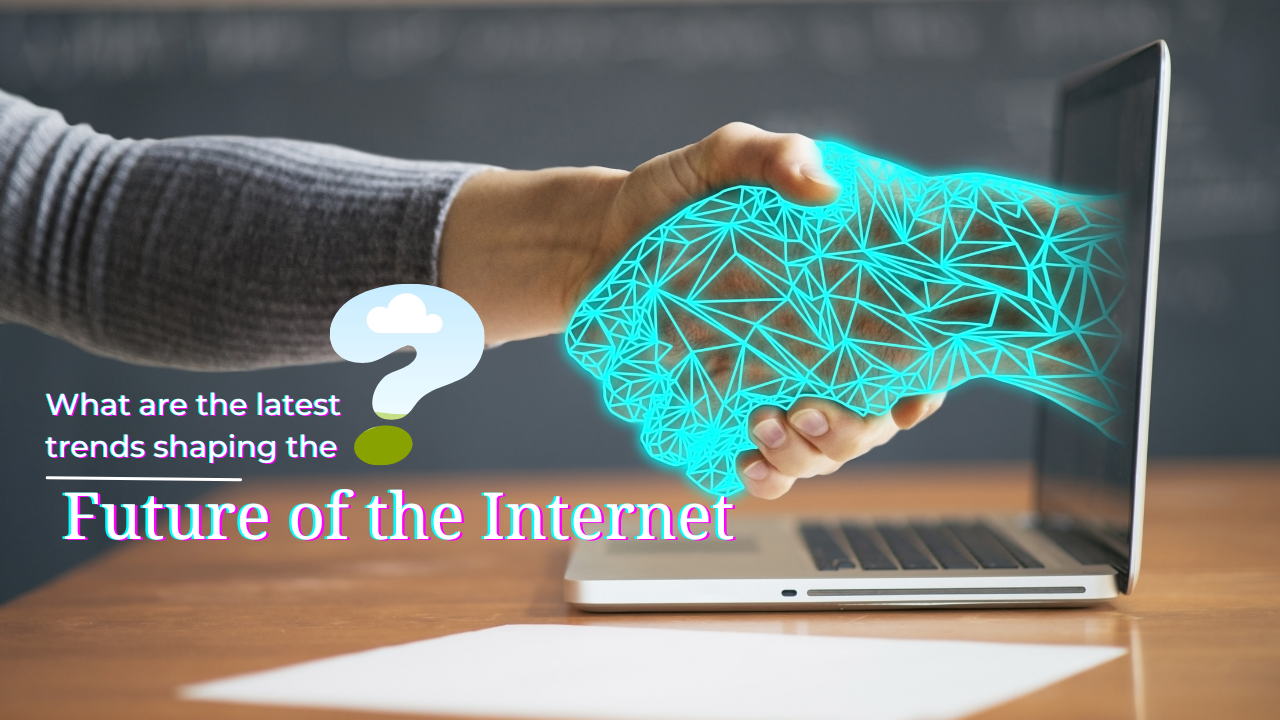
What are the latest trends shaping the future of the internet?
In the ever-evolving landscape of the internet, trends come and go like waves in the ocean. But some trends have a more profound impact, shaping the very future of the digital realm. Let’s dive into the latest developments that are steering the course of the internet.
1. Metaverse: Redefining Digital Spaces
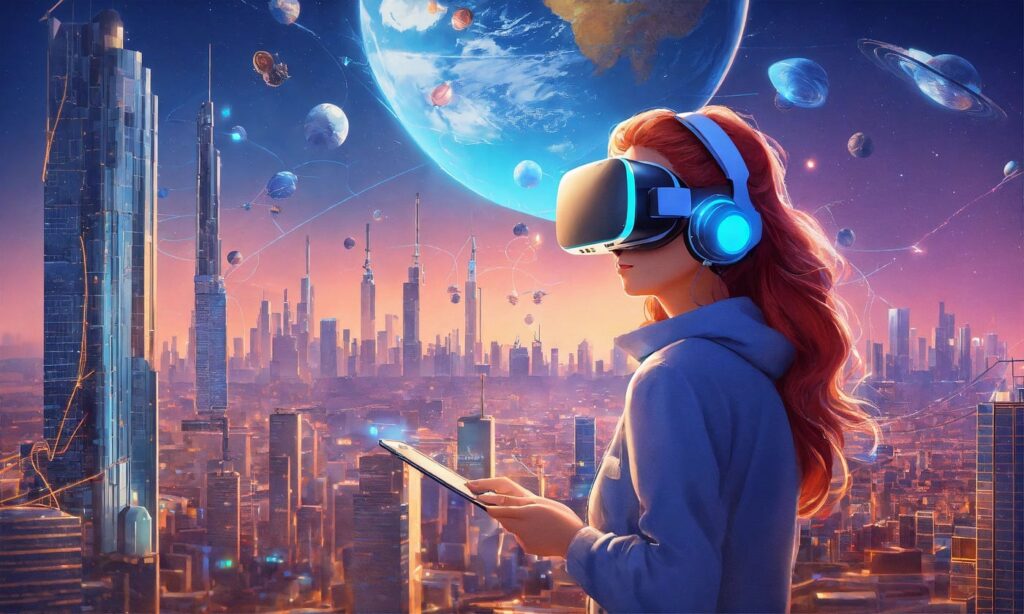
The metaverse has become a buzzword in tech circles, and for a good reason. It represents a convergence of virtual and physical realities, creating immersive digital environments where users can interact in real time. Companies like Facebook (now Meta), Microsoft, and Epic Games are heavily investing in building the infrastructure for the metaverse. From virtual reality (VR) to augmented reality (AR), the metaverse promises to revolutionize how we socialize, work, and play online.
2. Web3: Empowering Decentralization
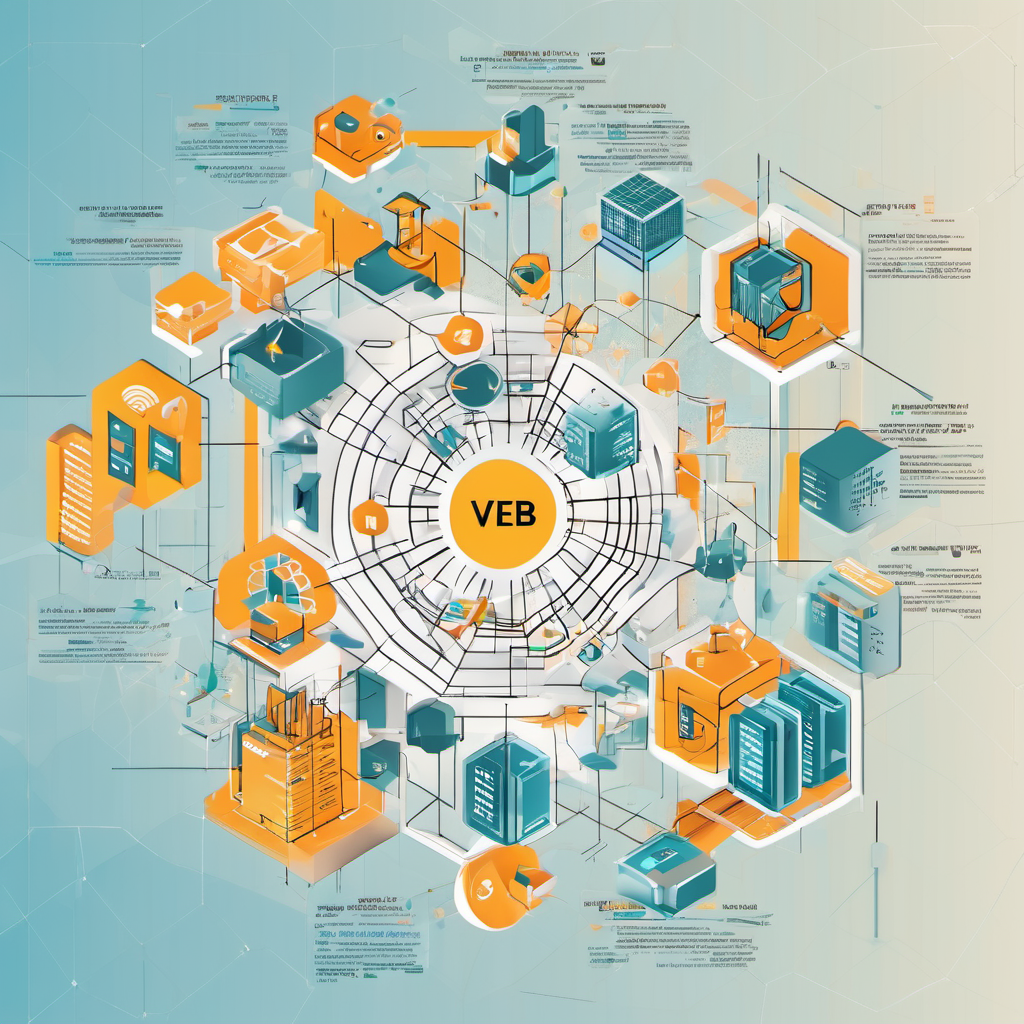
Web3 is the next iteration of the internet, emphasizing decentralization, blockchain technology, and user sovereignty. Unlike Web 2.0, where power is concentrated in the hands of a few tech giants, Web3 aims to distribute control back to the users. Decentralized finance (DeFi), non-fungible tokens (NFTs), and decentralized autonomous organizations (DAOs) are just some of the applications emerging in this new paradigm.
3. 5G: Unleashing Connectivity
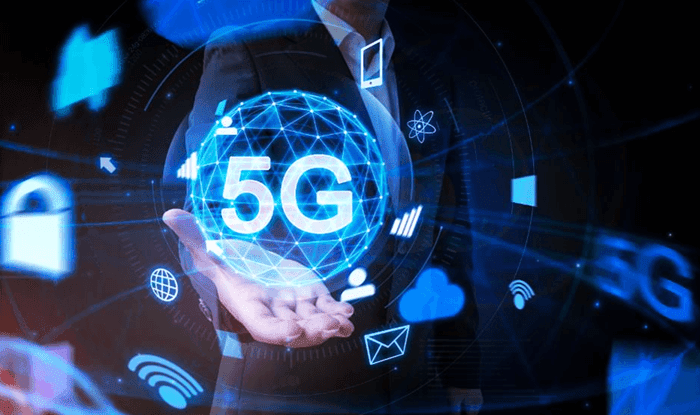
The rollout of 5G networks is set to transform the internet experience. With speeds up to 100 times faster than 4G, 5G will enable seamless streaming, augmented reality applications, and IoT devices. This ultra-fast connectivity will not only enhance user experience but also drive innovation in areas like autonomous vehicles, remote surgery, and smart cities.
4. AI: Personalizing the Internet
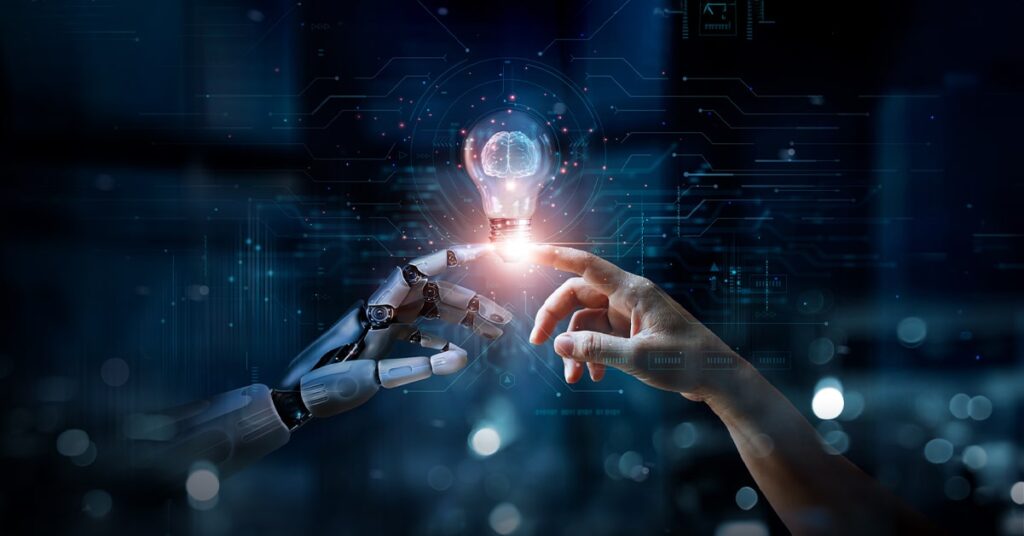
Artificial intelligence (AI) is increasingly becoming integral to the fabric of the internet. From recommendation algorithms to natural language processing, AI-powered systems are shaping how we consume content, interact with apps, and make decisions online. The future of the internet will be highly personalized, with AI tailoring experiences based on individual preferences and behaviors.
5. Edge Computing: Reducing Latency
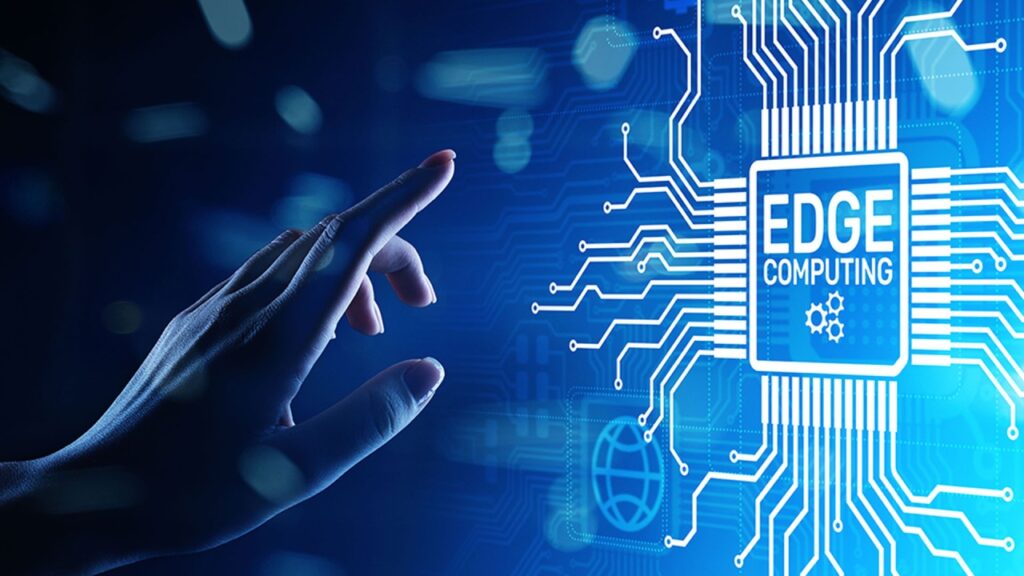
Edge computing is revolutionizing how data is processed and delivered. By bringing computing resources closer to the end-users, edge computing reduces latency and improves performance for applications like gaming, video streaming, and IoT. This trend is expected to grow as more devices become connected, requiring real-time processing capabilities at the edge of the network.
6. Cybersecurity: Safeguarding Digital Assets

As the internet expands, so do the threats to cybersecurity. From ransomware attacks to data breaches, cybersecurity has never been more critical. With the rise of IoT devices and interconnected systems, securing the internet of things (IoT) has become a top priority. AI-driven cybersecurity solutions, zero-trust architectures, and blockchain-based identity management are some of the trends shaping the future of online security.
7. Privacy: Balancing Personalization and Protection

The debate over privacy on the internet continues to rage on. While users demand more control over their data, businesses seek to leverage personal information for targeted advertising and services. Regulations like the GDPR and CCPA are pushing companies to be more transparent about data collection and usage. The future of the internet will likely involve a delicate balance between personalization and the protection of user privacy.
8. IoT: Connecting the Physical World
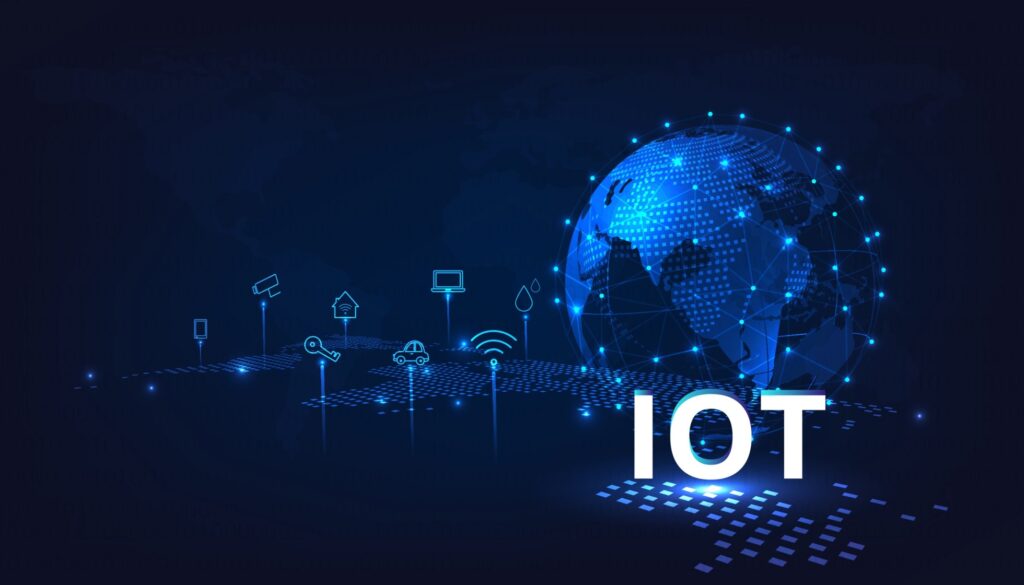
The Internet of Things (IoT) is expanding at a rapid pace, connecting everything from smart thermostats to industrial machinery. This interconnectedness brings immense opportunities for automation, efficiency, and convenience. However, it also raises concerns about data privacy, security, and the environmental impact of ubiquitous connectivity.
9. Sustainability: Greening the Digital Footprint
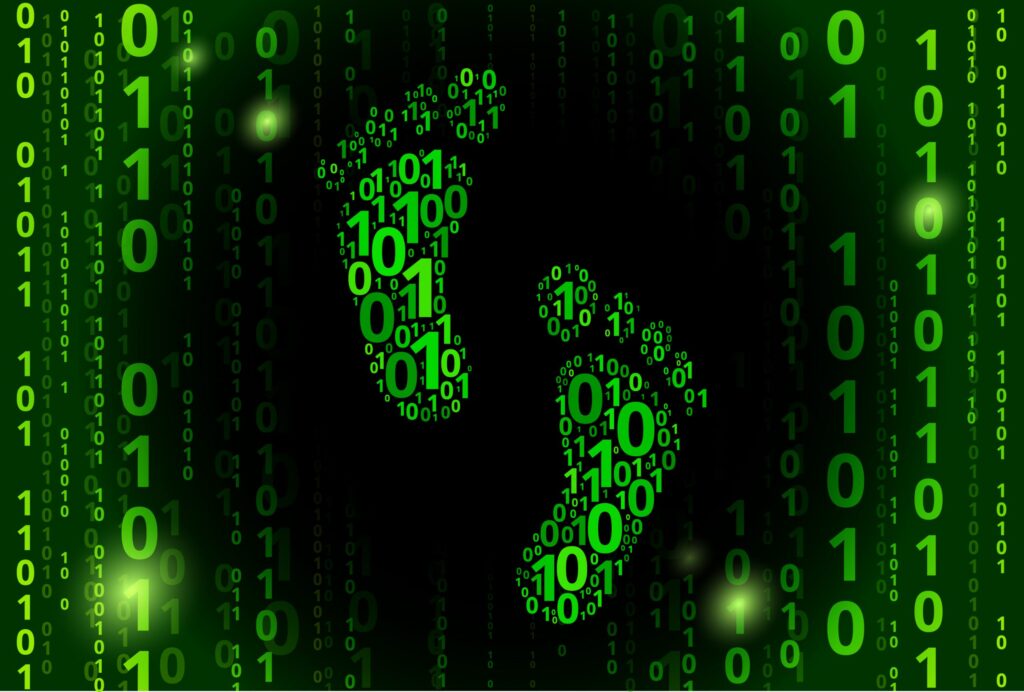
With the internet’s energy consumption on the rise, sustainability has become a pressing issue. Data centers, which power the internet, consume vast amounts of electricity, contributing to carbon emissions. Companies are increasingly investing in renewable energy sources and adopting energy-efficient practices to mitigate their environmental impact. The future of the internet will need to be greener and more sustainable to ensure long-term viability.
10. Regulation: Navigating Legal Landscapes
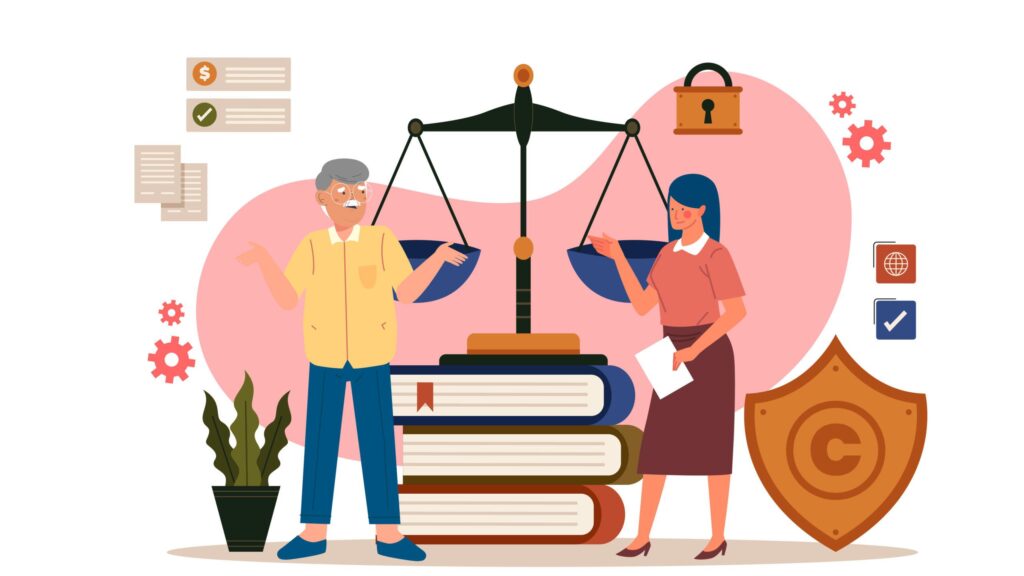
Governments around the world are grappling with how to regulate the internet effectively. Issues like misinformation, hate speech, and antitrust concerns have prompted calls for greater oversight. However, striking the right balance between regulation and innovation is challenging. The future of the internet will likely see continued debates over the extent of government intervention and the protection of free speech and competition.


